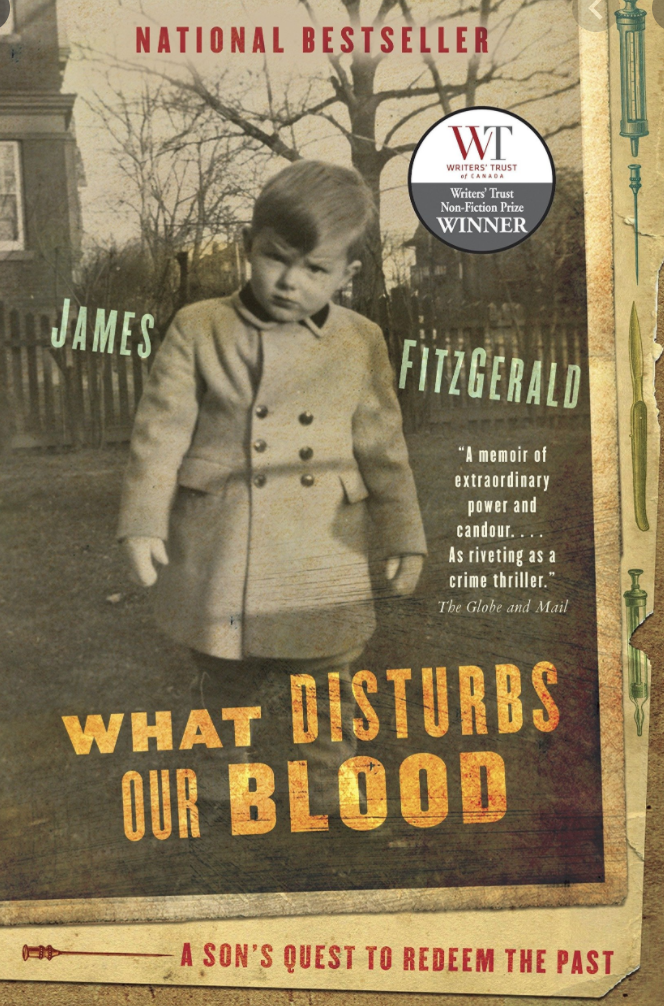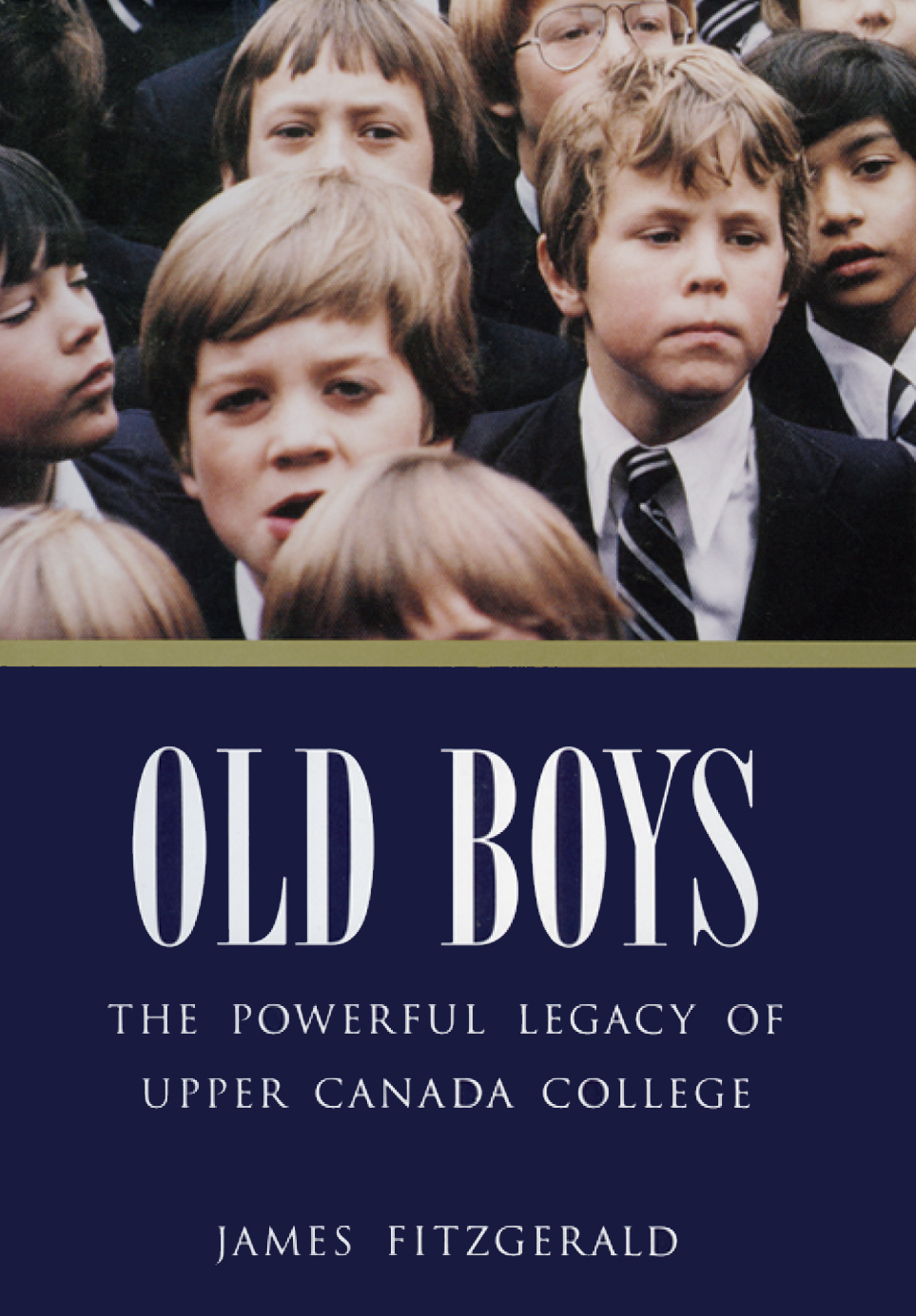Prize-winning author James FitzGerald explores how the death of an eighteen-year-old girl in the summer of 1968 forever changed his life and the life of the other man who loved her. "Dreaming Sally" is a deeply moving exploration of the weight of a life cut short.
In July 1968, Sally Woodhouse left for Europe on "The Odyssey", a Sixties version of the Grand Tour, even though her boyfriend, George Orr, begged her not to go: he'd had a terrible premonition that she would die on the trip. Only hours after becoming engaged to George via telegram, she was killed in a freak accident.
James FitzGerald knew that Sally had a serious boyfriend back home, but fell for her anyways as they toured the glories of Western culture by day, and danced and drank the nights away.
To George and James, both sons of parents who knew how to make demands of their children but not how to love them, Sally represented all the optimism and promised freedom of the '60s. Her death has haunted both men for fifty years---arresting their development, miring them in grief and unreasoning guilt. Until the two men met . . . Learn More >>
A withdrawn boy is born into the Toronto home of his late grandfather, a brilliant yet tormented pathologist of Irish blood.
Like his friends Banting and Best, Dr. John Gerald FitzGerald was a Canadian hero. His vaccines saved untold lives, and he transformed the idea of public health in Canada and the world. What so darkened his reputation that his memory has been all but erased?
As the boy watches his own father, also an eminent doctor, plunge into a suicidal psychosis, he intuits some unspeakable secret buried deep in the family unconscious. Growing into manhood, he knows that he must stalk an ancient curse before it stalks him. To set himself free, he must break the silence and put words to the page. His future lies in the past. Learn more >>
“The emotional chilliness of early twentieth century Toronto is blended with a tragic story of brilliant scientists and physicians doomed to madness, in journalist James FitzGerald’s memoir, What Disturbs Our Blood. In this quest, rendered with poetic intensity of feeling, FitzGerald investigates the suicide of his grandfather, a titan of public health in the history of Toronto, and its effect on his father, another distinguished medical man, and on the author himself. Never maudlin or melodramatic, FitzGerald’s book is a masterpiece of its genre, the chronicle of family secrets unearthed and healing attained.” — Judges' Citation, 2011 B.C. Award For Canadian Non-Fiction (Philip Marchand, Noah Richler & Alma Lee)
Since opening its doors in 1829, Upper Canada College has stood at the very centre of the Canadian Establishment, turning out generations of Eatons and Bassetts, Masseys and Thomsons, Conachers and Airds.
In "Old Boys", seventy-one old boys, graduates from the 1920s to the 1990s, recount with extraordinary insight and honesty the ways in which their lives were shaped -- and in some cases scarred -- by their experiences at UCC.
No official history, this highly controversial glimpse inside Upper Canada College tells of triumph, scandal and tragedy, and has become, in the words of Robert Fulford, "the book that everyone interested in the Canadian elite is talking about."
James FitzGerald, an old boy himself (Class of 1968), comes from a family with close associations with Upper Canada College. His father and brother graduated from the school; his maternal ancestors were among the first generation of graduates in the 1830s and yet another was the architect who built UCC's original administration building and boarding houses in 1829.
Trained as a journalist, FitzGerald has long been fascinated by the powerful mythology and legacy of UCC -- a school that could produce a federal cabinet minister and a drug-crazed murderer in the same graduating year. From the likes of Conrad Black, Ted Rogers, and Michael Wilson to Robertson Davies, Peter C. Newman, and Michael Snow, FitzGerald's contributors offer vivid portraits of life inside the walls of Canada's most famous private school -- and by extension, revealing insights into the formation of the shared attitudes and mindsets of generations of the English Canadian ruling class. Learn more >>






